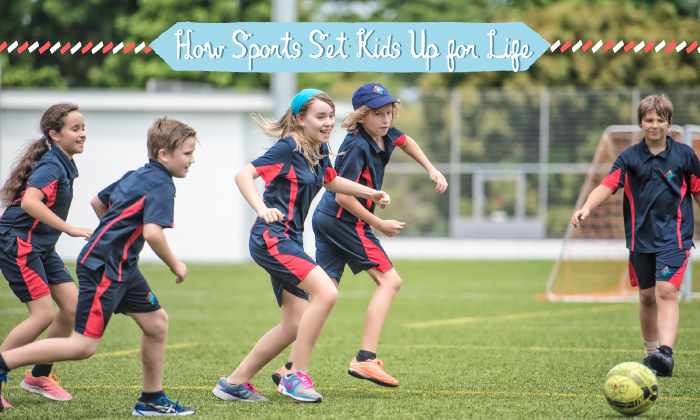
Sports are a big part of a balanced educational approach, but the lessons extend far beyond winning and losing. We speak with a topnotch coach from one international school to find out how sports set kids up for life…
Sports are a huge part of the school experience for many kids, but in hyper-academic Singapore it can sometimes feel like they fall into the background. Not so at GEMS World Academy (Singapore), which sees sports as a key ingredient in a child’s balanced educational journey. Besides the obvious physical and mental benefits, along the way kids learn how to become team players, and gain important transferable skills like respect, discipline, commitment, and communication.
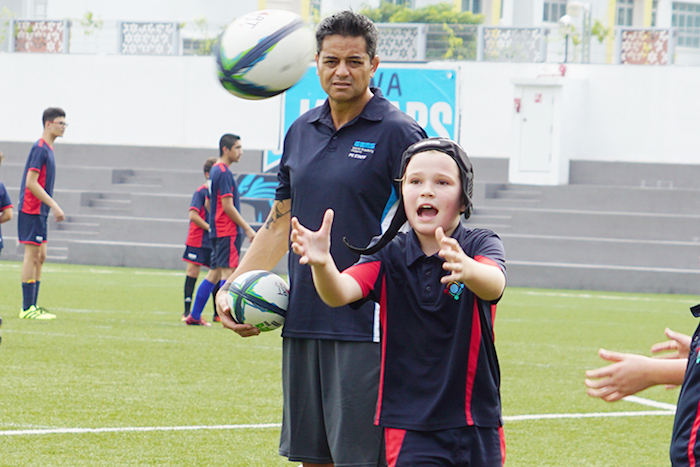
We spoke with Danny Tauroa, a former rugby player in his native New Zealand, and now a Secondary Years Physical Education teacher and Activities Coordinator at GWA (Singapore), about what he loves most about coaching and instilling a love of sports in kids.
Says Danny: “The focus at GWA is to develop a sporting culture which is not so much about winning or losing (although winning is still important), but building the character of students.” Read on to learn how they’ve accomplished this with much success at GWA (Singapore)…
How did you get into coaching?
I always coached the younger teams when I played rugby. Once I finished playing for Bay of Plenty representative teams, it was a natural progression.
I started coaching kids aged 11 to 13 and had some success. When I moved to Singapore in 2005, I coached alongside my teaching commitments – Firstly, the Bedok Kings (club side) who won the championship three years in a row, and subsequently the Singapore men’s and women’s rugby teams for four years each.
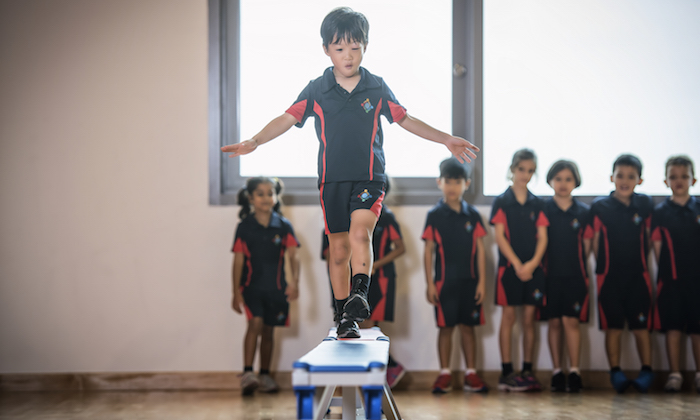
How do you think sports benefit children?
Sports provide opportunities for students to develop their personalities through hard work, identifying things that have worked and not worked, and then making changes to be better. How we deal with success and failure in sport is a big indicator of how we deal with the ups and downs in life.
Being a relatively young school, our aim is to have as many school teams as possible available for all students in five core sports — rugby, swimming, football, basketball and touch rugby. Having teams from GWA involved in competitive games against other international schools in Singapore breeds interest within the school, and is a major factor towards generating school spirit. Once we are established and consistently fielding teams, we can then start to look at ways to include new sports, to be more competitive and to develop a winning mindset.
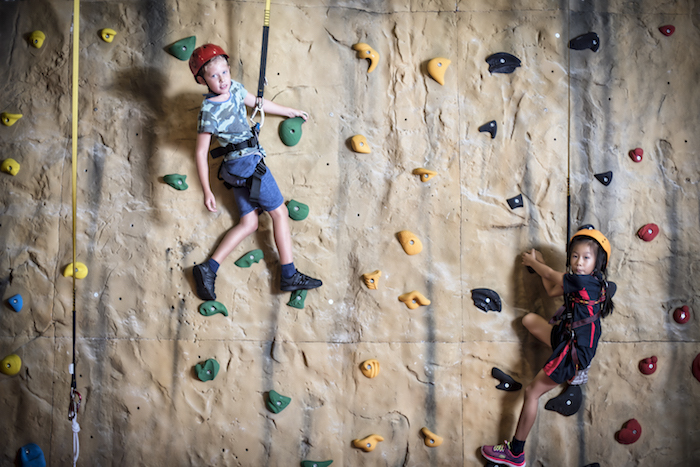
What are some highlights of the secondary years PE program? Are all students required to do it? How often do they have class?
We provide a diverse PE curriculum that allows our students to experience and gain knowledge in a number of physical and sporting ‘genres’. Physical health and well-being underpins the curriculum so we want our students to develop an holistic understanding of the benefits of a balanced lifestyle of physical, social and mental health. There is also a strong focus that students will leave our PE program with the relevant skills, knowledge and competence to confidently participate in a number of sports throughout their lives.
All secondary years students up to grade 10 are required to do PE, and they have three lessons a week. Two are practical lessons, with the third being a 45-minute theory lesson with content that complements the practical lessons and explores general health and well-being principles. Grade 9 and 10 students cover the IGCSE content in both practical and theory lessons to prepare them for the IGCSE exam.
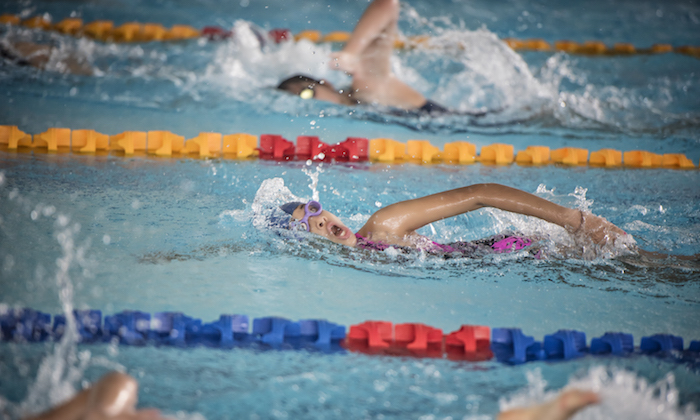
At what age does interscholastic competition against other schools start?
Our teams generally start at 8 and under. However, our swim team has athletes as young as 6 years old training weekly.
Do you only coach boys or both boys and girls? Are sports at GWA (Singapore) co-ed?
I’ve always been happy to coach male and female teams as required, I don’t have a preference. Here at GWA (Singapore), I have mainly coached boys’ teams – rugby, football this year. We are affiliated to the Athletic Conference of Singapore International Schools (ACSIS) and enter into the competitive leagues throughout the year for each sport. In ACSIS, swimming, basketball and football are co-ed, but rugby is for males and touch for females. While rugby and touch are co-ed sports, currently there are no co-ed ACSIS leagues for these sports.
What’s been your proudest moment as a coach at GWA (Singapore)?
Seeing our athletes push themselves out of their comfort zones to be better than they have been before. Kids taking up new sports like rugby and touch for the first time, and loving the games. Boys coming off the rugby field buzzing about making a tackle or scoring a try and girls excited about winning their first touch game. We have had a girls’ football team and a boys’ basketball team go undefeated in their respective seasons, and our swimmers have proven on numerous occasions that their hard work and dedication pays off when they are competing.
![]()
Thanks Danny! To learn more about sports at GWA (Singapore), visit their website to arrange a personal tour of their state-of-the-art campus!
GEMS World Academy (Singapore), 2 Yishun Street 42, Singapore 768039, Tel: (+65) 6808 7300, www.gwa.edu.sg






 View All
View All


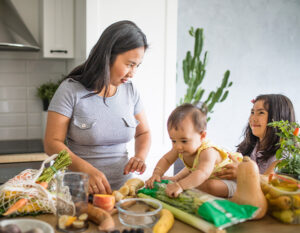

 View All
View All
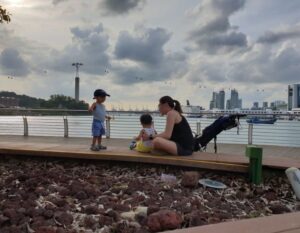
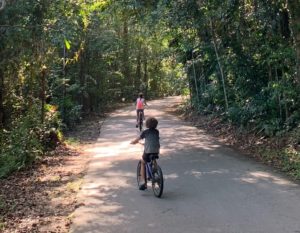

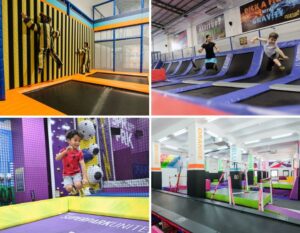


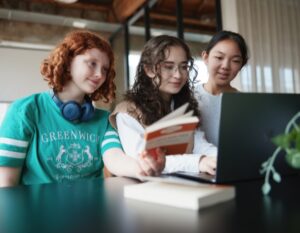




 View All
View All


![[𝗙𝗜𝗥𝗦𝗧 𝗟𝗢𝗢𝗞] 𝗔 𝗯𝗿𝗮𝗻𝗱 𝗻𝗲𝘄 𝗺𝗮𝗸𝗲𝗿’𝘀 𝘀𝗽𝗮𝗰𝗲 𝗷𝘂𝘀𝘁 𝗼𝗽𝗲𝗻𝗲𝗱 𝗮𝘁 𝗖𝗵𝗶𝗹𝗱𝗿𝗲𝗻’𝘀 𝗠𝘂𝘀𝗲𝘂𝗺 𝗦𝗶𝗻𝗴𝗮𝗽𝗼𝗿𝗲, 𝗮𝗻𝗱 𝗶𝘁’𝘀 𝗮𝗹𝗹 𝗮𝗯𝗼𝘂𝘁 𝗳𝗼𝗼𝗱, 𝗳𝘂𝗻, 𝗮𝗻𝗱 𝗰𝗿𝗲𝗮𝘁𝗶𝘃𝗶𝘁𝘆! 🍜🎨👧🏻🧑🏽🍳
Your kid: designing their own crockery, weaving colourful patterns, and styling mannequins like a tiny Project Runway contestant.
You: low-key wishing this existed when you were little.
Say hello to PLAY + MAKE! An interactive, hands-on exhibit where children explore Singapore’s food heritage through imaginative play. From food-inspired creations by local designers like Reckless Ericka to build-your-own fashion zones and DIY craft stations, it’s a mini creative wonderland… made by kids, for kids.
Comment "Play" or link in bio for more weekend fun events/activities!
𝗪𝗵𝗲𝗻? Now open!
𝗪𝗵𝗲𝗿𝗲? Children’s Museum Singapore
𝗛𝗼𝘄 𝗺𝘂𝗰𝗵? Free for Singaporeans & PRs
Tag a fellow parent and save this for your next museum day with the kids!
.
.
.
.
.
.
#PLAYandMAKE #ChildrensMuseumSG #LittleExplorersSG #WhatToDoWithKidsSG #FamilyFunSG #SassyMamaEvents #FreeActivitiesSG #MadeInSG #CreativeKidsSG #FoodHeritageSG #SingaporeMakers](https://www.sassymamasg.com/wp-content/plugins/instagram-feed/img/placeholder.png)
